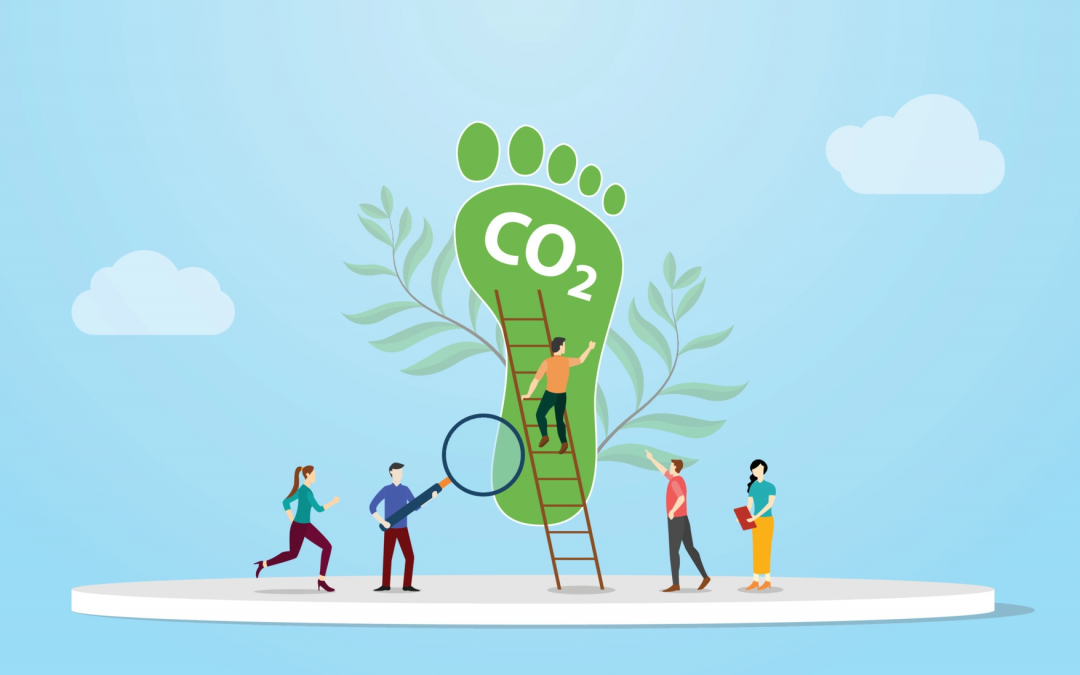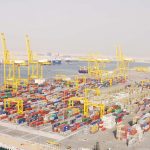As the worldwide importance of carbon neutrality grows, large Korean corporations are concentrating on the carbon collection, utilization, and storage (CCUS) market. The goal is to collect carbon dioxide (CO2) produced into the atmosphere by fossil fuels in order to lower the release of greenhouse gases and then secure a permanent storage location for it.
Carbon capture and utilization (CCUS) is a concept that combines both CCU and CCS, and its primary premise is carbon capture. It is the process of purifying carbon from manufacturing or power plant emissions and converting it to liquid form that may be transported before using or storing it.
Major Korean energy companies have been promoting projects overseas due to a lack of gas fields to utilize as carbon storage. SK E&S is developing carbon storage in Australia and East Timor. It plans to unload liquefied carbon dioxide in Darwin, Australia, and then permanently store 3 million tons per year in an offshore gas field in East Timor.
In Malaysia, energy affiliates of Korea’s major business groups such as Samsung, SK, Lotte and GS are jointly promoting a CCS project. Samsung Heavy Industries & Construction, SK energy, SK earthon, Lotte Chemicals, GS Energy, and Malaysia’s state-owned energy company Petronas are participating in the project led by Samsung Engineering. The project also recently added Korea National Oil Corporation, Hanwha, Air Liquide Korea, and Shell.
The Global CCS Institute forecast that the global carbon capture and storage market will grow by more than 30 percent annually, reaching 7.6 billion tons of carbon captured by 2050. As of September 2022, the amount of carbon that could be stored through global CCS projects in operation and development was 244 million tons per year, up 44 percent year on year. The number of commercial projects is also expected to surge from 29 in 2021 to 135 in 2030.
Analysts predict that CCS projects will become increasingly active in Korea as the Korean government promotes carbon neutrality in the mid- to long term. The government has included CCS in its 2030 NDC and 2050 carbon neutrality scenarios and cited the enactment of a CCUS law and securing and commercializing CCUS technology as major policy issues. Recently, Korea’s carbon emission reduction target using CCUS was revised upward from 10.3 million tons to 11.2 million tons in 2030.
Source: Hellenic Shipping News






